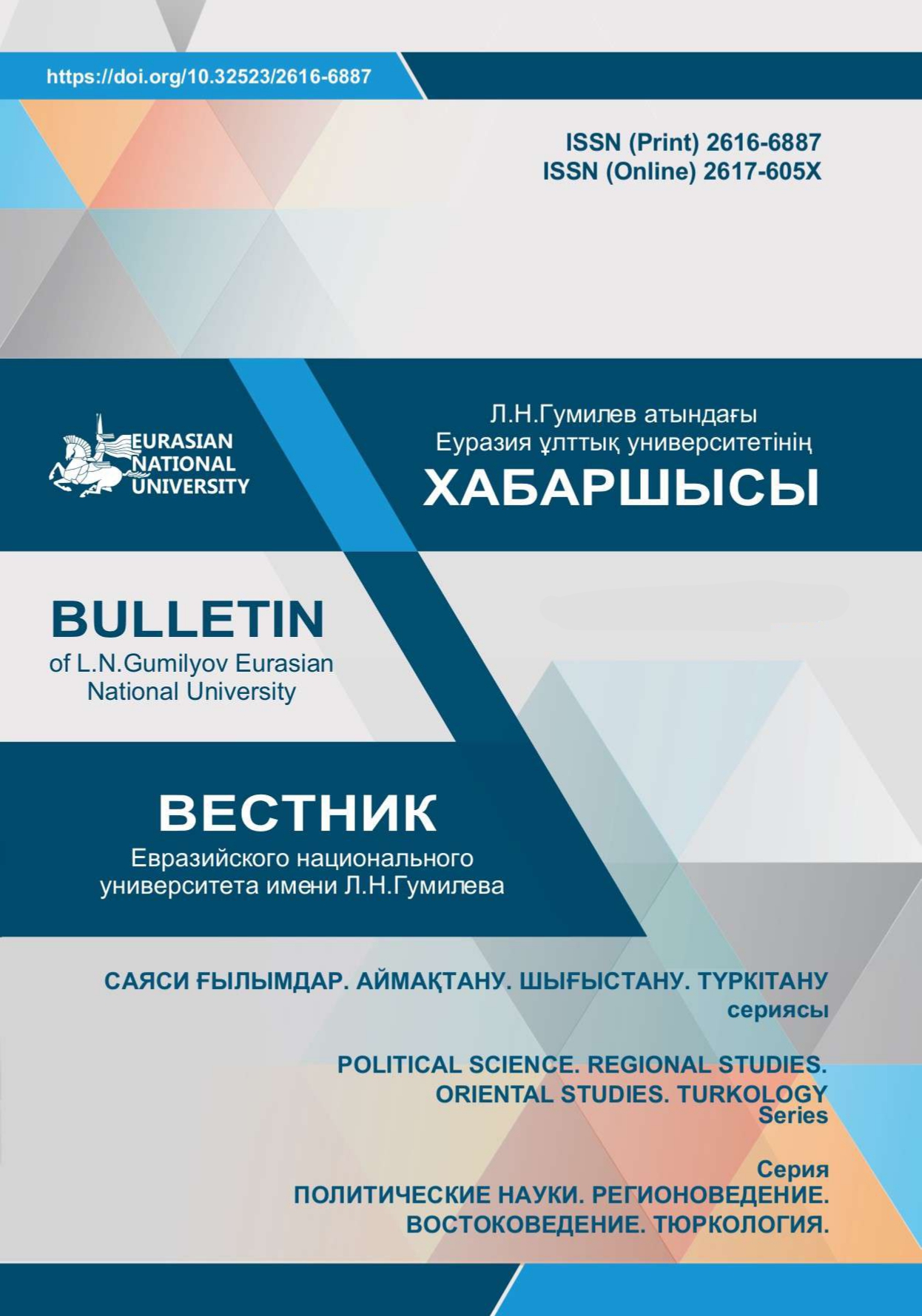Young Turk Revolution’s Influence on the National Liberation Movement of the Kazakh Intellectuals
Views: 218 / PDF downloads: 96
Keywords:
Young Turks;revolution;national liberation movement;Kazakh intellectuals;Turkestan.Abstract
The article deals with the formation of the Young Turkmovement, which at the end of its path was able to overthrow Sultan AbdulHamid II,and its influence on the national liberation movement of the Kazakh intellectuals. Although most studies of the Young Turks, their leaders, adherents, and philosophy are based onsecondary sources, memoirs, periodicals, and newspapers should not be overlooked. Economic challenges and modernizing processes that occurred in the Ottoman Empire in the middle of the 19thcentury contributed to the people’s political and cultural awakening. Because of the empire’s declining influence because ofmilitary setbacks, the concepts of “nation” and “pan-Turkism” began to arise. The Young Turks were the political heirs of the “newOttomans”at the end of the 19thcentury. Their resistance was founded on a distinct interpretation of the term “nationalism”. Young Turks mostly came from France and other European countries where they received their education.As a result, they were impacted by Western scientific, cultural, and lifestyle standards. Westernization, “pan-Turkism”, and modernization were the three pillars of their political agenda. The Young Turk movement came to a logical end in July 1908, when they asked that Sultan AbdulHamid II reinstate the constitution, which he had destroyed in 1876, and assemble a parliament 32 years after it was established.Following it, the country’s political life became more intense, and different reforms began to be implemented, yielding some favorable consequences. Their experience and influence inspired the Kazakh intellectuals to fight for national liberation.
Downloads
Published
How to Cite
Issue
Section
License

This work is licensed under a Creative Commons Attribution-NonCommercial-NoDerivatives 4.0 International License.







